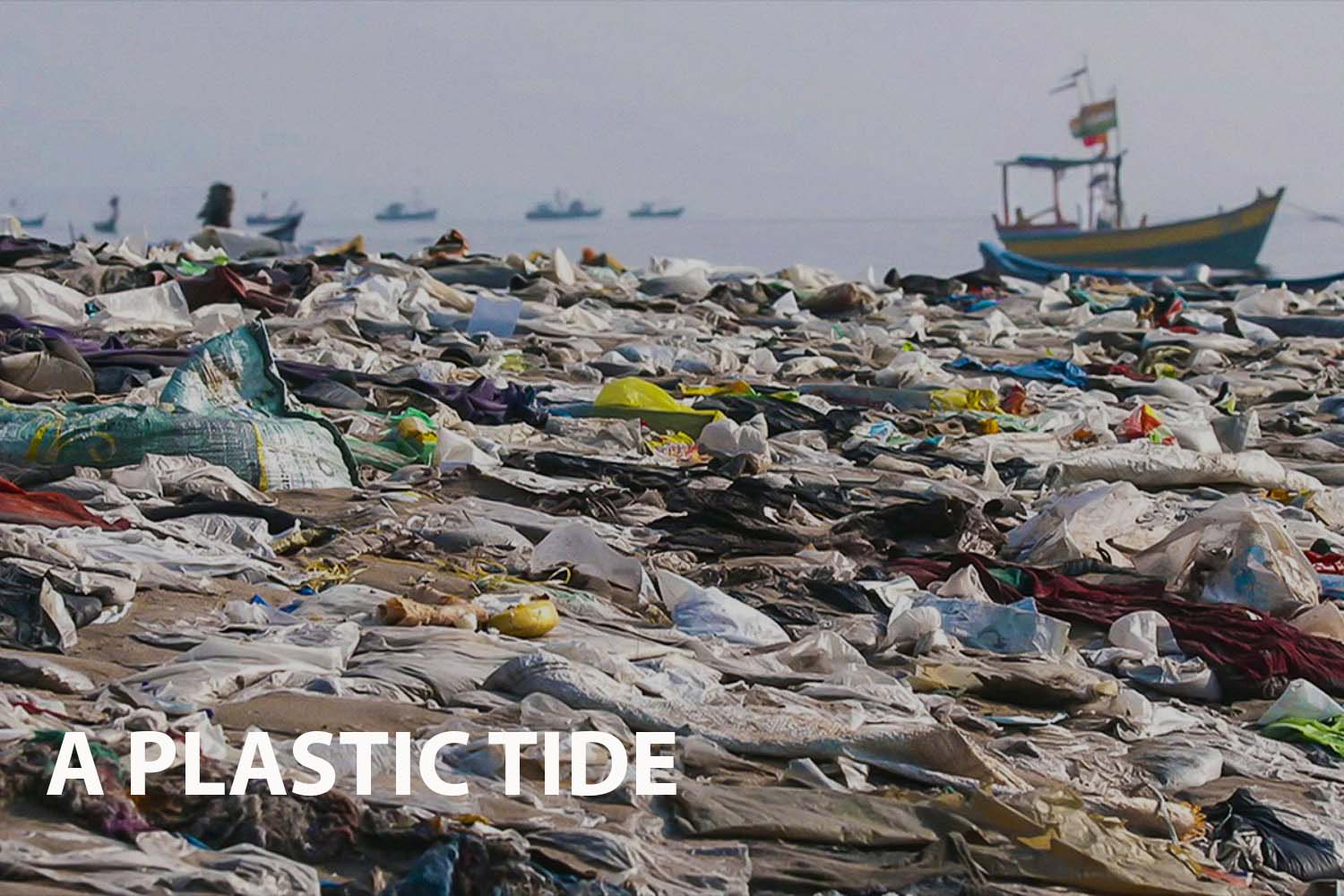Keywords: Plastic pollution, Environmental crisis, Marine life, Single-use plastics, Recycling failings, Documentary analysis.
Three words: Informative, Alarming, Eye-opening
Introduction
In 2017, an impactful documentary was released titled "A Plastic Tide". Although the director remains unnamed, the film has made a significant impact by shedding light on the escalating crisis of plastic pollution in our oceans. The focus is on the overwhelming amount of plastic that is produced yearly, the majority of which is only used once before being discarded, contributing to an ever-growing environmental disaster.
Synopsis
"A Plastic Tide" takes viewers on a journey exploring the harsh reality of plastic pollution. Annually, 320 million tons of plastic are produced with a staggering 40 percent being single-use items. Only five percent of these plastics are effectively recycled. The remaining 95 percent lingers on our planet with 8 million tonnes ending up in our seas and oceans. These plastics take hundreds of years to break down, infiltrate marine life, and ultimately, our food chain. The documentary explores the potential health effects this could have, a topic still under investigation by scientists.
More Film Analysis
Analysis
The documentary employs a straightforward, fact-based approach to shed light on the magnitude of the plastic pollution crisis. It presents in-depth research on the production, usage, and disposal of plastic, highlighting the alarming reality of our failing recycling systems. The film explores the subject with sincerity, making it accessible to a broad audience.
Historical and Factual Context
The documentary contextualizes the issue of plastic pollution within the broader environmental crisis. It provides a historical perspective on the rise of plastic production and its subsequent fallout, helping to deepen viewers' understanding of the severity of the problem.
Key themes in the film
- The overwhelming production and misuse of plastic
- The failure of effective recycling systems
- The impact of plastic pollution on marine life
- The potential health risks associated with plastic ingestion
Film Comparisons
"A Plastic Tide" can be compared to other environmental documentaries such as "An Inconvenient Truth" and "The 11th Hour". However, its focus on the specific issue of plastic pollution sets it apart, offering a unique perspective on a lesser-explored facet of the global environmental crisis.
Noteworthy Moments
The documentary contains several significant revelations, including the fact that the vast majority of plastic ends up in our oceans, with severe consequences for marine life. The potential health risks this poses to humans is another critical point, highlighting the urgency of addressing the issue.
Reviews
This documentary has been well received for its informative and eye-opening approach to the pressing issue of plastic pollution. Critics have praised it for its factual depth and the urgency with which it presents the crisis.
Conclusion
"A Plastic Tide" is an important documentary that raises awareness about the critical issue of plastic pollution. It is particularly relevant for those interested in environmental issues, sustainability, and marine conservation. It serves as a call to action for viewers to reconsider their plastic consumption and disposal habits.
More film information:
FILM SUMMARY
- IMDB Score: N/A
- Rotten Tomatoes score: N/A
- Metacritic score: N/A
- Film Festival Awards: N/A
PERSONALITIES
- Director: N/A
- Key interviewees: Various environmental scientists and activists
LOCATIONS
- Various global locations affected by plastic pollution
Key Questions Raised by the Film:
- How can we reduce our overall plastic production and consumption?
- What are the potential health risks associated with plastic pollution?
- How can we improve our recycling systems to better manage plastic waste?
Links for Further Exploration:
I wonder what the film would be in another art form



- If this film was a famous book, it would be "Silent Spring" by Rachel Carson due to its environmental focus.
- If this film was a famous song, it would be "Earth Song" by Michael Jackson, highlighting the urgent call to address environmental issues.
- If this film was a famous piece of art, it would be "The Persistence of Memory" by Salvador Dali, symbolizing the long-lasting impact of our actions on the environment.
- If this film was a famous celebrity, it would be David Attenborough, known for his dedication to raising awareness about environmental crises.
- If this film was a color, it would be blue, representing the oceans affected by plastic pollution.
- If this film was a music style, it would be protest folk, known for its messages of social and environmental change.








